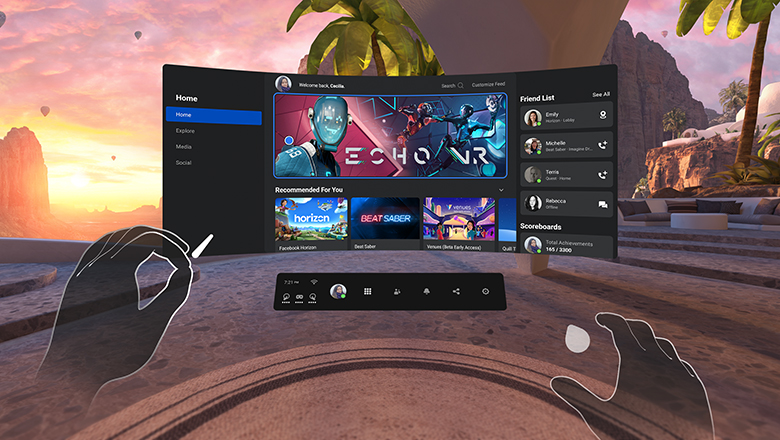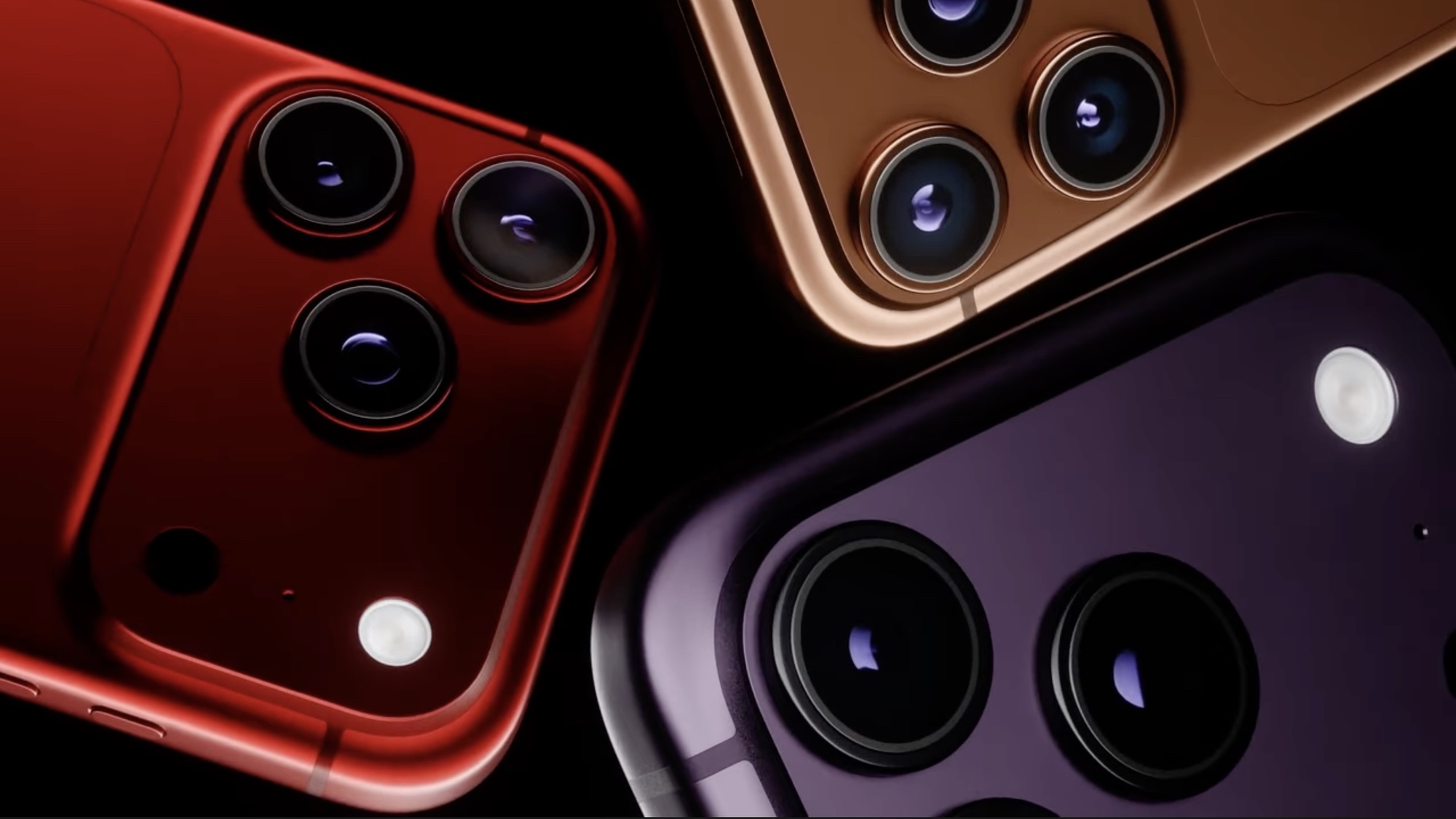Forget PS5 and Xbox Series X — Oculus Quest 2 is the next-gen system to watch
High-end virtual reality is starting to become affordable, and consoles should be worried
As Microsoft and Sony finally provided concrete release date details of the PS5 and Xbox Series X, it was almost easy to forget about the Oculus Quest 2, which has laid down the gauntlet in a VR race occupied by rivals including HTC, Valve and current leader Sony.
Set for release October 13, the Quest 2 retails at $100 cheaper than its predecessor at $299 for the 64GB version and $399 for the 256G edition. Specs for the new headset feature noticeable improvements over the original Quest as well. The Quest 2 uses Snapdragon’s XR2 CPU purposely built for VR and AR, which should be a big boost from the Snapdragon 835 mobile chip in the original. Upgrades like 6GB of ram, higher per eye pixel resolution, a 90Hz refresh rate and interpupillary distance adjustment have also already impressed critics. But it’s two specific features that should push the Quest 2 right into the forefront of VR hardware.
- The best VR headsets to buy now
- Our picks for the best VR games
Following an introduction last year on the original Quest, Oculus Link is preparing to leave beta sometime this fall. This allows the headset to run Oculus Rift and Steam VR games by tethering it to a VR-ready PC through a USB-C cable. By itself, the Quest 2 is limited to games that are enjoyable like Beat Saber, Superhot, Moss and even a port of the excellent Tetris Effect. Having a standard gaming PC to run top-tier VR games like Echo Arena means the Quest 2 offers dual usage out of the box. Half-Life: Alyx, the third highest reviewed game this year behind Last of Us II according to Metacritic, has a chance to reach a wider audience.
Being portable and tethered to the PC lends to a freedom that’s not unlike the hybrid Nintendo Switch console. Oculus also announced that it will phase out the pricey Rift S and all PC-only headsets in 2021, making the Quest 2 its standalone VR product. This makes the Quest 2 by itself less expensive than the HTC Cosmos, Valve Index and Sony’s ultra popular Playstation VR. As prices for VR-ready PCs are dropping under $700, Oculus has made the barrier of entry more accessible than ever.
Killer VR apps
Of course, none of this would matter if Quest 2 didn’t have some spectacular games coming down the pipeline. While many early Quest releases felt more in line with tech demos or mini-games, Oculus is now leaning further toward releasing titles that blur lines between traditional console gaming and VR. Oculus striking a partnership with Ubisoft for new entries in the Assassin’s Creed and Splinter Cell universe is one thing. Having the French publisher pull resources from Red Storm, Reflections, Ubisoft Dusseldorf and Ubisoft Mumbai to help develop is another.
Jurassic World: Aftermath hopes to prove survival horror games inspired by Alien: Isolation and Resident Evil 7 can be done in VR. With Fortnite, PUBG and Call of Duty: Warzone all fighting for supremacy within the ultra popular battle royale genre, Population: One seems to be carving a nice space for itself. For a lot of longtime PC gamers, a VR remake of iconic 1993 point-and-click adventure Myst feels magical. Dormant since Medal of Honor: Warfighter, EA’s storied military first-person-shooter returns through Medal of Honor: Above and Beyond for those who can run it on PC through Oculus Link.

Coupled with Oculus' great existing library, these upcoming Quest games sound more exciting than anything launching alongside the PS5 and Xbox Series X on day one. Microsoft delaying Halo Infinite till 2021 has the house that Windows built focusing more on cross-generational support and Game Pass for Xbox Series X. Meanwhile, PS5 exclusives like Spider-Man: Miles Morales and Horizon: Forbidden West will also come to PS4, somewhat limiting the urgency to upgrade for some.
Get instant access to breaking news, the hottest reviews, great deals and helpful tips.
As of now, Microsoft hasn’t officially entered the VR realm outside of its Xbox One Streaming app for Rift. Since its 2016 release, PlayStation VR could be considered the leader in the space with five million sold. Being backwards compatible with the upcoming PS5 means there’s a vast library available from the start. Though some phenomenal exclusives available have been released for PSVR including Farpoint and Iron Man VR, the platform hasn’t delivered anything that can truly match PC. Maybe that’ll change when its upgraded successor hits the PS5 eventually.
Going beyond next-gen gaming

Beyond gaming, Quest 2’s Infinite Office seems to be the future of home offices. The feature will allow users to use the Oculus Browser to work across multiple customizable screens and display live feeds of the environments from the onboard cameras.
A partnership with Logitech means certain keyboards will be recognized and rendered for easy input. If Google Chrome becomes compatible outside of VR browsing, the Quest 2 could be a real game changer.
Oculus’ strategy for the future of VR may not create an unshakable hype train like Microsoft and Sony have. Regardless, the Quest 2 might have positioned itself as the most next-gen device to be released this year, thanks to unique, immersive experiences and a price that undercuts new consoles by up to $200.
 Club Benefits
Club Benefits





